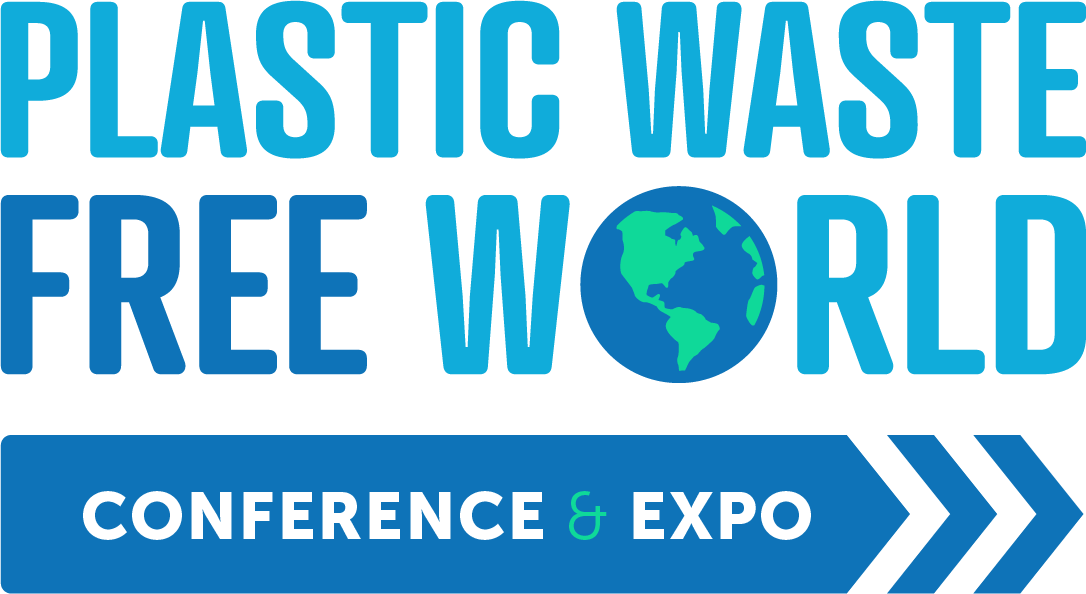DNP announces plan to mass produce decorative film
)
Dai Nippon Printing (DNP) is a Japanese printing company and they have recently announced their new plan, which involves a mass-production technique around creating decorative film. This film is environmentally friendly, propylene-based and is currently being developed with the intention for it to be used within automobile interiors. The company stated that one of the goals around this creation, is to ‘promote vehicle recycling efforts.’
DNP is currently focusing their efforts on this development, as they are responding to the current issues around vehicle recycling and they are evidently working hard to promote this practice.
Right now, around 3.5 million cars are simply scrapped every year and it is only since the Automobile Recycling Law of 2002 was passed, that 95% of end-of-life vehicles are now being recycled.
On top of adapting how end-of-life vehicles are dealt with, in Europe a new draft of the regulations for Sustainability Requirements in Vehicle Design and End-of-Life Vehicles (ELV) Management are being considered. One of the largest rules is that the use of recycled plastics within vehicles will now become mandatory. These rules must be followed by domestic and international automobile manufacturers, as well as similar companies.
It is in direct response to this that DNP has chosen to create this new decorative film. It is evident that DNP applied their experience with PP film printing and processing technology, when it came to the manufacturing of this film. Using the techniques they are already confident in, has led to a high-quality design and the product also comes with an ease of handling for the insert injection moulding process. Furthermore, the company also has high expectations that the use of PP decorative film will reduce greenhouse gas emissions.
The use of PP comes with huge benefits, as the material is widely used in automobile parts and it is also recyclable, however, it also comes with lots of challenges and this is why DNP is currently focused on developing and improving the material for use. The issues include weak ink adhesion and difficulty in balancing design quality, physical properties and finally, moldability. DNP’s improvements on the material address these challenges through the use of their advanced printing technology and expertise. This process results in a mass production technique for PP-based automotive decorative films.
Now that it has been developed, DNP’s decorative film includes, the use of PP to support the efforts of the automobile industry to promote recycling, lower greenhouse gas emissions, especially throughout raw material manufacturing and when it is compared to acrylonitrile butadiene styrene (ABS). These adaptations and improvements mean that the new material has the potential to reduce the emissions which are produced by the vehicle.
Alongside their work with the material, DNP is also focusing on expanding its global presence and to do this, the company is collaborating with DNP Europe, DNP America and DNP Living Space & Mobility (Shanghai). Currently the company has stated that their plans involve accelerating its business expansion in the future.





